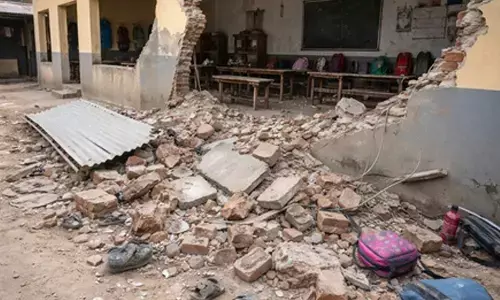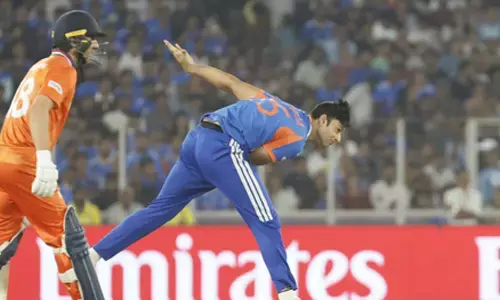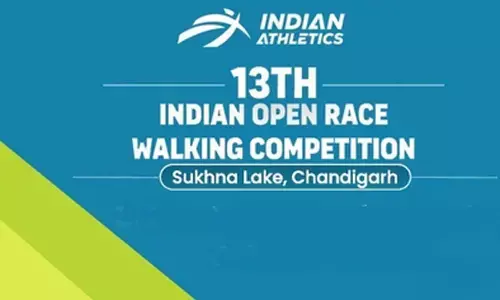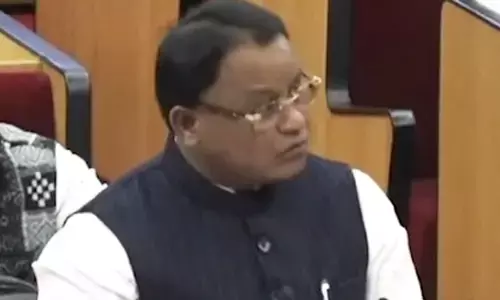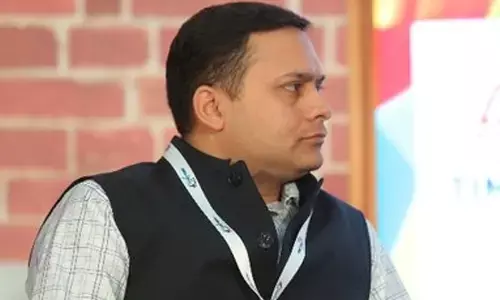The evolving new world order
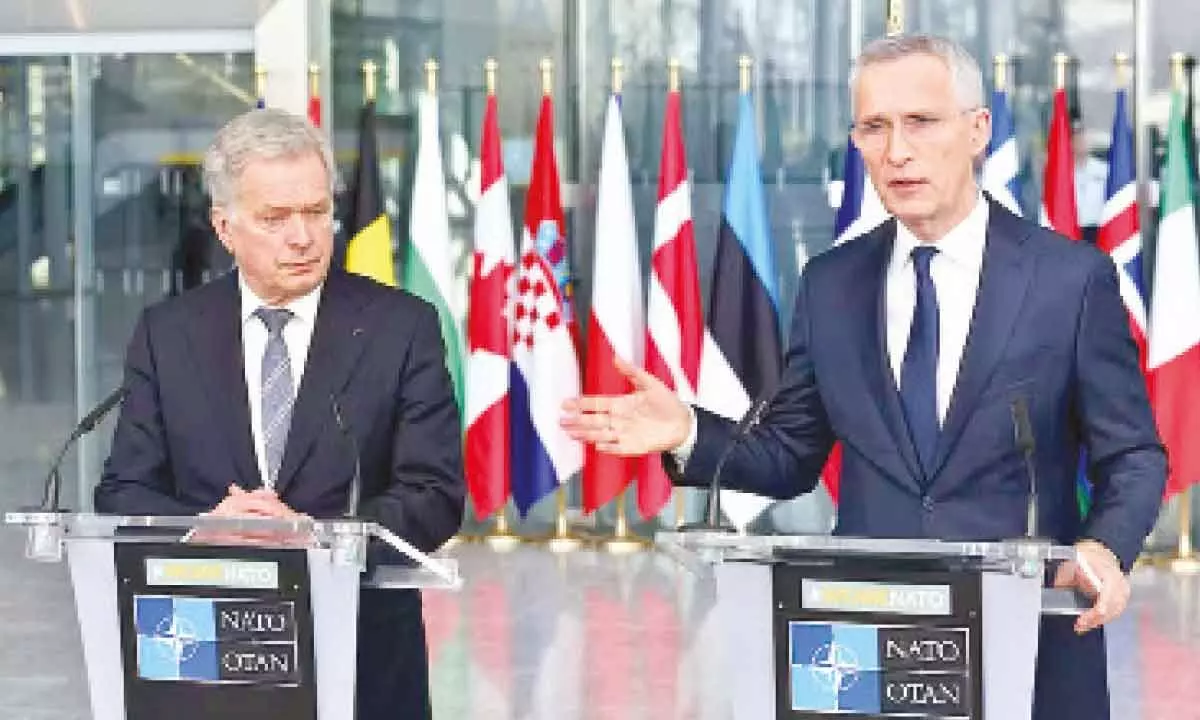
Through the years of the Cold War, Finland adopted a model of neutrality and accommodation in order to coexist with Russia. That way of dealing with a nearby neighbouring great power was known as “Finlandisation.” With Russia’s invasion of Ukraine a year ago, decision-makers in Helsinki have seemingly driven the final nails into the coffin of Finlandization. The worry for Putin – and perhaps the West – is that the model has not only been killed off for Finland; it is also dead as a potential off-ramp solution to the conflict in Ukraine
Michigan: In the world of geopolitics, great powers make, break and play by their own rules. Smaller states largely have to make do with adjusting to the world as determined by others. Which is why the decision by Finland – a country of just 5.5 million people, noted for decades as a neutral presence in Europe – to join NATO is so important. It underscores just how the Russian invasion of Ukraine has upset global realities long thought settled, at least by the Western powers.
For centuries, Finland has had to consider its own interests in conjunction with – and in accommodation of – those of its gigantic neighbour: czarist Russia, then the Soviet Union and today Vladimir Putin's Russia. Through the years of the Cold War, Finland adopted a model of neutrality and accommodation in order to coexist with Russia. That way of dealing with a nearby neighbouring great power was known as "Finlandisation." With Russia's invasion of Ukraine a year ago, decision-makers in Helsinki have seemingly driven the final nails into the coffin of Finlandization. The worry for Putin – and perhaps the West – is that the model has not only been killed off for Finland; it is also dead as a potential off-ramp solution to the conflict in Ukraine.
The past no longer as prologue
After more than a hundred years within the czarist empire, Finland gained its independence in 1917. For the next roughly 20 years, it became an anti-Soviet outpost precariously positioned next to the USSR. The price for maintaining its democratic state and capitalist economy in domestic affairs during the Cold War was Finlandisation. Through the adapted model for neutrality, Finland was able to convince Moscow for more than a half-century that it was no threat but a loyal trading partner. With the demise of the Soviet Union in 1991, doubts about Finlandization grew among Finns. They debated whether they should consider joining the Western alliance. But it was Putin's invasion of Ukraine in 2022 that tipped the scales and finally convinced Helsinki that its security would be enhanced by becoming a member of NATO.
The dilemma of neutrality
Finland's experience in preserving its sovereignty by compromising its right to act completely independently in foreign policy might have been a viable model for former Soviet states, some observers held, especially in regard to Ukraine. Findlandisation might have also, so the thinking went, provided a solution to Ukraine's internal divisions on the question of which to favour: the West or Russia. Throughout the 1990s and 2000s, Ukraine swung between a pro-Russian orientation favored in eastern Ukraine, and a more Ukrainian nationalist identity powerfully evident in western Ukraine. A Finlandization of Ukraine, coupled with the federalization of the various provinces of Ukraine, might have lessened political polarization with Ukraine and allayed the fears of the Russians, and Putin in particular. Of course, history cannot be rewound; such alternative possibilities cannot be tested. And federalism, which would have required that some decision-making be handed to regional governments, was considered suspect as a viable form of statehood by many in Ukraine and Russia alike. A similar process of federalization was, after all, blamed for the breakup of the Soviet Union. Moreover, events forced Ukraine's hand.
As Russia gravitated toward authoritarianism and used its oil and gas as a weapon against Ukraine, the attractions of the West – democracy, prosperity and a shiny modernity – seemed far more enticing. On the initiative of the United States, the West vaguely promised Ukraine NATO membership, which Russia found completely unacceptable. And the European Union offered Ukraine closer economic and political ties, stirring up fears in Moscow that this was the first step toward NATO.
After the Russian seizure of Crimea in 2014, Ukrainians turned even more sharply toward the West and became more receptive to Western promises of NATO membership. Finland's entry into NATO marks the likely end of the Finlandization model. Even Finland has abandoned it; neutral Sweden is now anxious to join the Western alliance; and other states, even Switzerland, are questioning the efficacy of nonalignment in a polarized world. In its place, we have the "NATOfication" of Eastern Europe – something that Putin unwittingly accelerated and which leaves Putin's Russia with less accommodating neighbors. Meanwhile, countries like Finland and Sweden have been left with fewer options. "A small nation can disappear," the Czech writer Milan Kundera reminds us, "and knows it."
(Writer is Professor of History and Political Science, University of Michigan)



